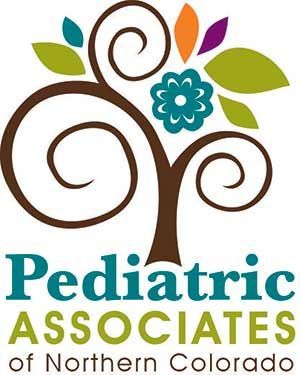What is thrush?
A yeast infection predominately produced by
What are the signs or symptoms?
-
White patches on the inside of cheeks and on gums and the tongue
-
Usually causes no other signs or symptoms
What are the incubation and contagious periods?
-
Incubation period: Unknown.
-
Contagious period: The yeast that causes thrush is widespread in the environment, normally lives on the skin, and is found in the mouth and stool. Mild infection of the lining of the mouth is common in healthy infants. Thrush can occur during or after antibiotic use. Repetitive or severe thrush could signal immune problems.
How is it spread?
-
C albicans is present in the intestinal tract and mucous membranes of healthy people. -
A warm environment (eg, mouth) fosters growth and spread.
-
Person-to-person transmission (although very rare) may occur from a woman to her baby when the mother has a vaginal yeast infection and from breastfeeding babies to their mothers when babies with thrush infect mothers' nipples.
How do you control it?
-
Use good hand-hygiene technique at all the times listed in Chapter 2.
-
Treatment of individuals who have an infection so the quantity of fungus in any area is reduced to levels the body can control.
-
Wash and sanitize toys, bottles, and pacifier nipples after they have been mouthed. Do not allow sharing of mouthed objects between children without first washing and sanitizing them.
What are the roles of the teacher/caregiver and the family?
-
Report the infection to the staff member designated by the child care program or school for decision-making and action related to care of ill children. That person, in turn, alerts the parents/guardians for treatment of the child.
-
Administer prescribed medication as instructed by the child's health professional.
Exclude from group setting?
No.
Adapted from
Any websites, brand names, products, or manufacturers are mentioned for informational and identification purposes only and do not imply an endorsement by the American Academy of Pediatrics (AAP). The AAP is not responsible for the content of external resources. Information was current at the time of publication.
The information contained in this publication should not be used as a substitute for the medical care and advice of your pediatrician. There may be variations in treatment that your pediatrician may recommend based on individual facts and circumstances.
© 2020 American Academy of Pediatrics. All rights reserved. AAP Feed run on: 4/3/2025 Article information last modified on: 8/3/2023

